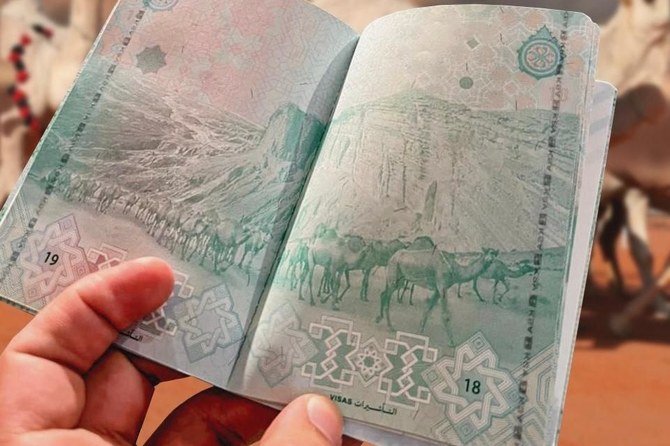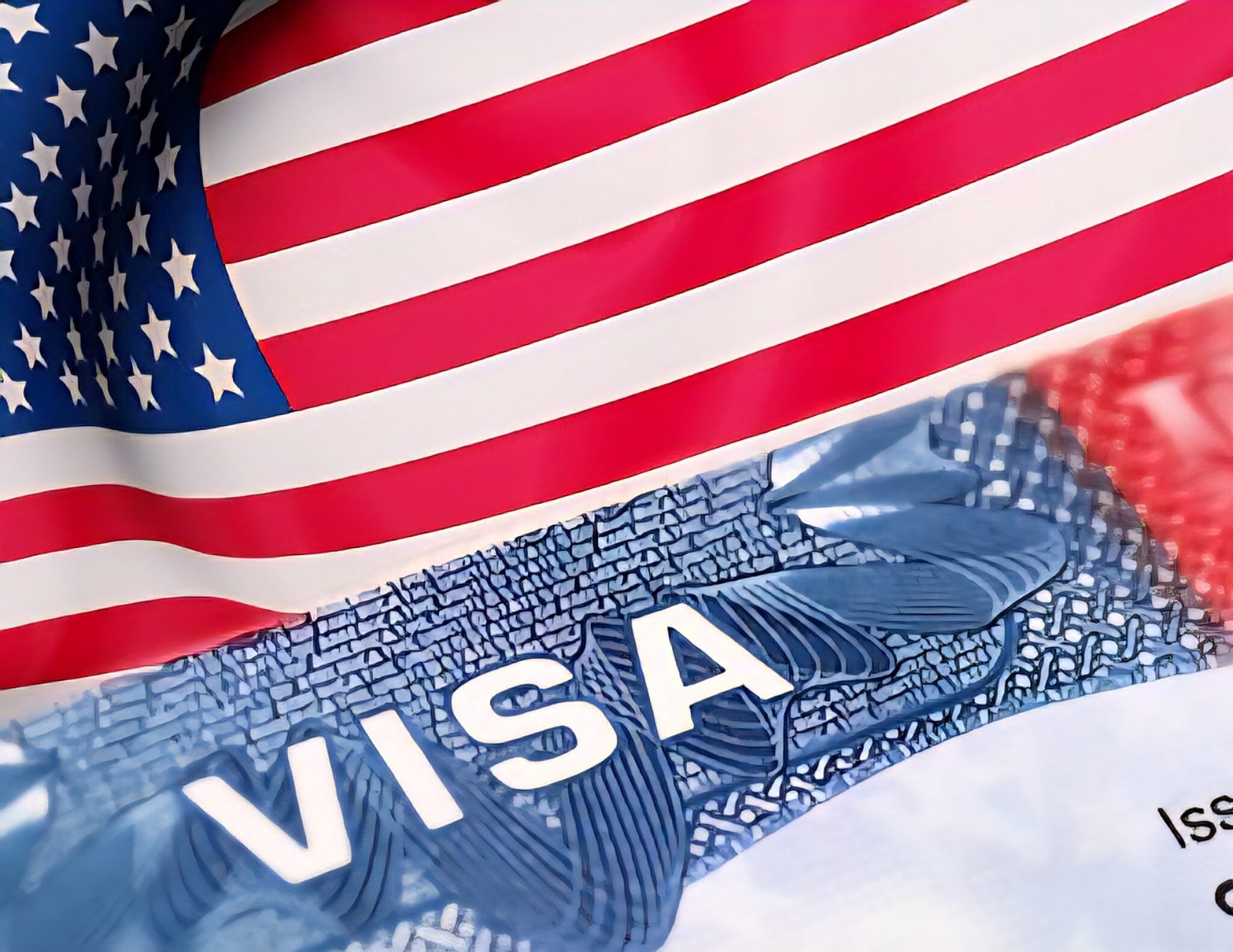The Kingdom of Saudi Arabia has tightened its health insurance rules for temporary work visas typically valid for up to 180 days and is best suited for short-term work projects.
The Saudi temporary work visa, launched in 2021, allows multiple entries and permits a one-time extension for another 180 days. It, however, does not lead to a residence permit (Iqama), and a local employer must apply on your behalf.
New Health Insurance Rules
With the new visa rules in place, any employer applying for the temporary work visa must obtain a health insurance policy for the applicant in advance. Earlier, employers were allowed to get the health insurance after the issuance of the temporary work visa.
Also Read:
- Saudi Arabia tightens visa rules for Nigeria, 13 other countries over alleged misuse
- Saudi Arabia Officially Resumes Work Visa Issuance to Nigerian citizens, 12 Other Countries…
- Gulf Nations to Roll Out GCC Grand Tours Visa; Tourist Visa Modelled After Europe's Schengen Visa
- Arbiterz Jobs: African Development Bank Group, Palladium, Mastercard, Jumia
The visa-sponsoring entity must also now provide health insurance from its registered health insurance provider. This provider must also be approved by the Council of Cooperative Health Insurance (CCHI), which is the health insurance regulatory body in Saudi Arabia. Previously, health insurance from any provider on Enjaz was sufficient.
In addition to the previous requirements, the health insurance provider must now give a copy of the insured person’s passport and temporary employment contract to CCHI. This ensures the insurance policy is linked to the person’s passport record in the CCHI system. Previously, this was not necessary.
What This Means
Saudi employers sponsoring foreign workers will now face tighter compliance requirements when arranging health insurance. Here’s what they need to know:
- Must purchase health insurance only from CCHI-approved providers.
- Required to submit the employee’s passport copy and temporary contract to the insurer.
- Insurance policies must now be linked directly to the employee’s CCHI record.
- Not following this could cause delays in visa processing or result in policy rejection.
























